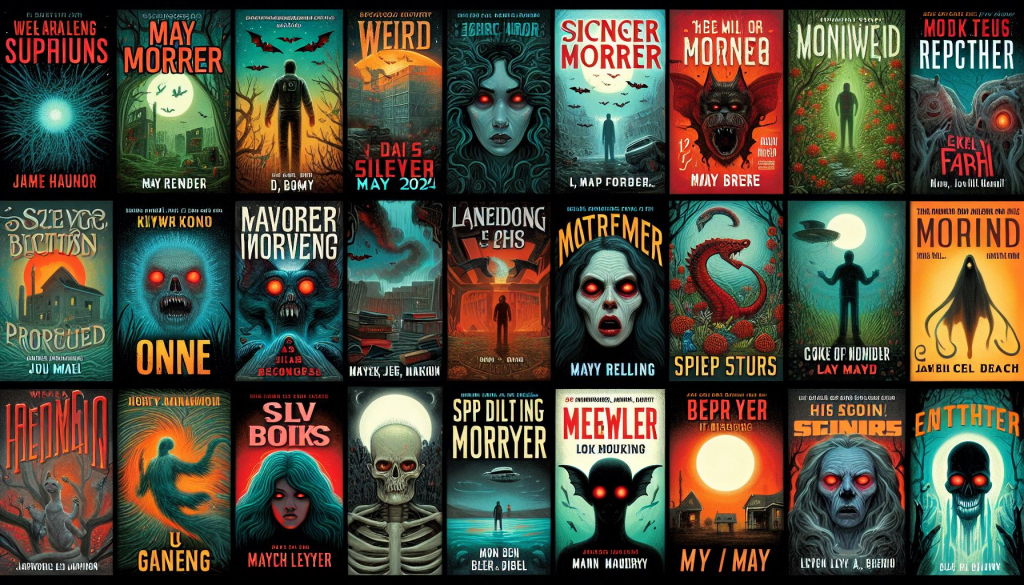Reading good fiction can be a challenge these days with so many small presses and opportunities for writers – good and bad – to publish their works easily. Here in this three-part series, I will share my opinions and synopsis of three short stories in Literature.
“Shamengwa” by Louise Erdrich: “Reading Good Fiction, part 3”
This story deals with alienation, only the recovery from this sense of detachment is caused by music – a different focus on love than I am used to reading. The tale of “Shamengwa,” written by Louise Erdrich, is about Shamengwa and his violin. The story is told by one of the tribal judges on an Native American reservation.
He tells us the story of Shamengwa, the physically disabled old man who lives on the edge of the reservation. Shamengwa is now an old man with a twisted arm due to neglect as a child. Due to this neglect, Shamengwa developed his musical talent to the point where he would win all sorts of awards and also to the point where he wasn’t wanted at parties because he would steal all the attention. The narrator then tells us how the violin was stolen.
If you are enjoying this article, perhaps you would like “Auditory Horror in Anne Radcliffe’s Fiction”
One day Shamengwa was struck from behind and tied up by a local hooligan who is known by the judge to be a troubled youth. In an attempt to mourn and pay respects to Shamengwa, the judge visits him and learns of the violin’s story. Shamengwa begins to tell the tale of his lost brother. He once had a brother and a happy family, including a mother and father who loved music. When the brother passed away, all the love in the family disappears. Shamengwa is no longer loved or even paid attention to. When his parents forget to cook, he sneaks off to drink the cow’s milk.

One way while he was getting milk, the cow turned mean and kicked him in the arm, shattering his arm bone. He mentions this to his parents after a while but they didn’t care. Being the young person that he was, he began tying up his arm to hit it, but then over time, his arm healed crookedly. The kids at school would tease him and give him the nickname of Shamengwa, which meant ‘butterfly’: his deformity gave him the silhouette of a butterfly.
Shamengwa began to learn the violin in secret, which was forbidden after the death of his brother. He would practice outside sometimes and one day when the wind was bad, his mother heard him. The next day he decided that he wasn’t going to hide it so he continues to play after his parents returned home. He learns that his “playing was more important than his father’s pain.”
If you are enjoying this article “reading good fiction, part 3”, perhaps you would like “12 Things to Do on a Bookstore Date”
Reading good fiction, continued:
His parents couldn’t believe it. He had aroused something in his father who then leaves the family but also takes the violin with him. Shamengwa could not understand why his father would have taken the violin but a voice tells him to wait by a large rock by the lake. He waits for a couple of days and leaves tobacco on the ground for the spirits. Then one day a canoe floats up near the ridge. It is empty, but he recalls the voice telling him to wait for the sign. He swims out to the canoe; apparently, he has learned to adjust to his deformity. In the canoe, he finds a violin.
As it turns out, the violin was stolen, and the actual thief was finally caught in the mall. The thief had first attempted to sell the violin but was then tempted to play it. When the officials caught him, they said he was furiously playing out of tune and rhythm. He did not know what came over him but it caused him to get caught. The judge then orders the thief to learn to play the violin and to be taught by Shanengwa as a punishment.
But the narrator himself wonders if it was really a punishment or if he personally just wanted to hear the violin being played. The whole community is in love with the music; it’s how Shamengwa communicates with his people. They learn together and the thief learns to be loved and to be a part of the community through playing an instrument.
If you are enjoying this article on “reading good fiction, part 3”, perhaps you would like “Elvis Presley’s Reading List”

Then one-day Shamengwa dies peacefully. His pupil plays one last song at the funeral and then proceeds to break the violin and disrupt the service. To his surprise, the Judge finds a note which was in the violin. He later reads the note and learns about the violin’s history.
The violin was once owned by an Indigenous father who left it to his two sons. His sons were to compete in a canoe river race for ownership of the fiddle. The letter was dated 1897 and spoke about how the two brothers sabotaged each other’s canoes the night before the race. During the night of the race, a storm hit, and one of the brothers goes missing. The remaining brother feels guilty and plays a song for him every night until he locks the violin in a box and sets it loose on the canoe.
In reading good fiction, this is what we are left to believe, that the violin and the canoe were sailing empty for 20 years before Shamengwa came across it as a boy.






Leave a Reply